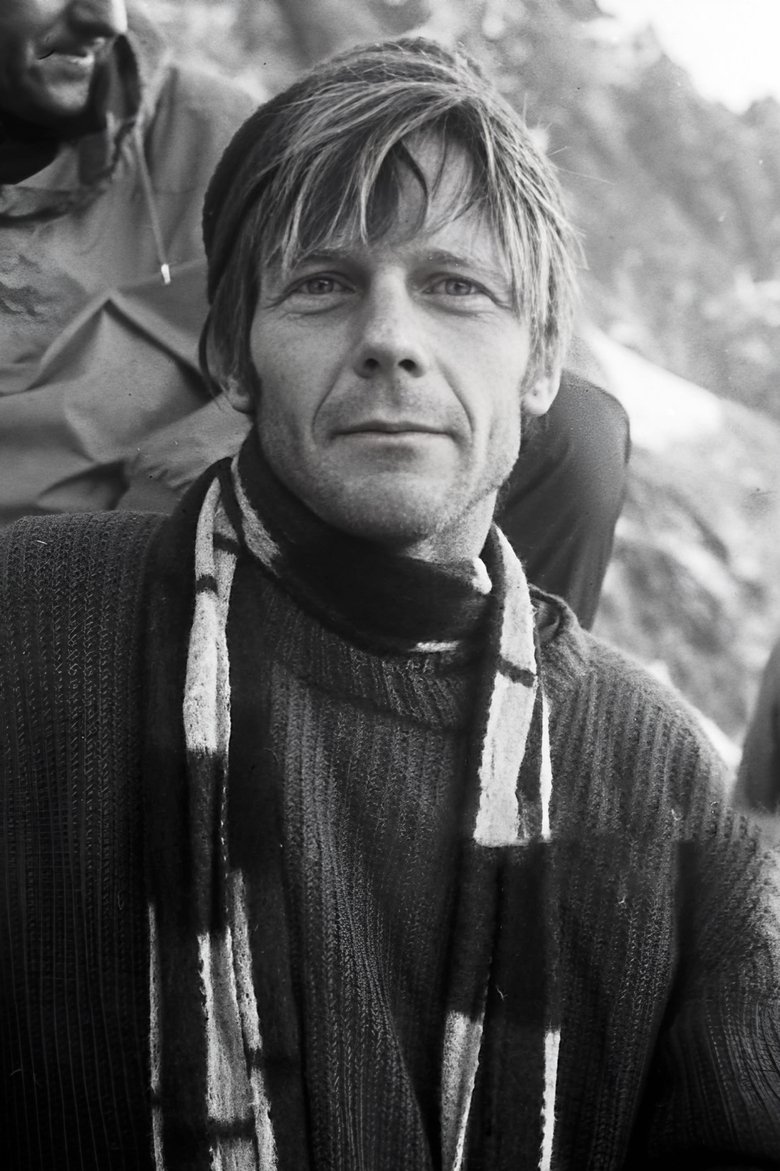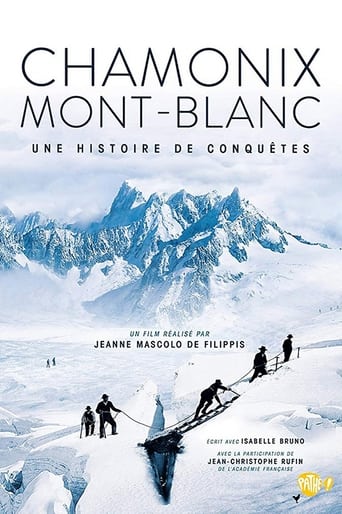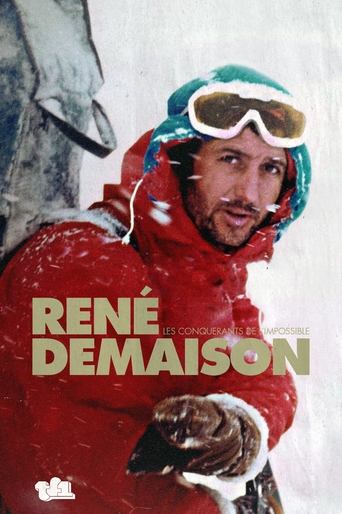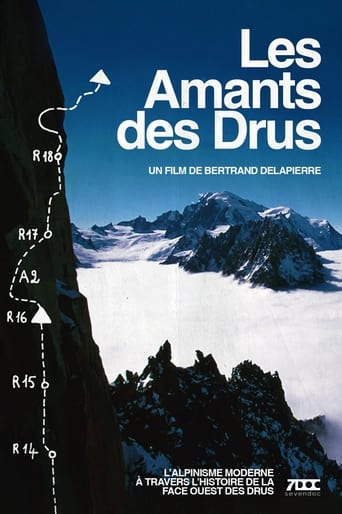
Gary Hemming
1934-12-13
Biography
Gary Hemming is a trained climber in Yosemite Valley. He moved to France in the early sixties and took university courses in Grenoble, while climbing with John Harlin. Gary Hemming had a son with Claude Guerre-Genton in 1963. He participated in the opening of committed climbing routes in the Mont-Blanc massif, among others with John Harlin, Tom Frost, Stuart Fulton and Royal Robbins. On August 18, 1966, in Entrèves in the Alps, the American Gary Hemming and his climbing partner, the German Lothar Mauch, sipped coffee while ruminating because bad weather conditions spoiled their project on the south face of Mont Blanc. The copy of the Dauphiné Libéré lying on the table announces two Germans in perdition on the west face of the Drus and a difficult rescue for the soldiers of the EHM. Hemming's blood boils: "We have to go, Lothar!". With René Desmaison and other excellent climbers, they took the Berardini-Magnone route, ahead of the official rescue team, and descended with the two injured climbers via the "La Directe Américaine" route that Hemming had opened with R. Robbins in 1962. What provokes a lively controversy, Desmaison will be excluded from the Compagnie des Guides de Chamonix and Hemming erected as a hero. On this occasion, the French press nicknamed him "The beatnik of the peaks" because of his long hair and his wandering appearance. In September 1966, only a few weeks after the rescue of the Drus which made him a hero, Gary Hemming was once again talked about. The newspaper Le Monde devotes two articles to his new exploit, of a different kind. Caught climbing the gate of a villa in Fontenay-aux-Roses, Gary Hemming is in custody at the Sceaux police station. No burglary in the case, but rather a story of spurned lovers. The villa belongs to the family of Hemming's girlfriend, who has just broken up with him. He was released on bail four days later, thanks to the intervention of his friend and climbing companion Pierre Mazeaud. Hemming is dismissed. He left France some time later to return to the United States. On Wednesday August 6, 1969, at the age of 34, he was found dead with a bullet in the head at the edge of Lake Jenny, in the Grand Teton National Park, in northwestern Wyoming (United States). The inquest concludes a suicide. Even today, Comet Hemming appears as a climbing legend, a character as romantic as it is elusive. He seems to have commanded the admiration of all those who knew him, including his friend Pierre Mazeaud, with whom he lived for a time. For the climbers who succeeded him, he also embodies a pure approach to the mountains, to climbing, and a libertarian vision of existence, freed from social diktats, which already foreshadowed the protest movements of the late 1960s.
Also appears in

Gary Hemming, le beatnik des cimes
10.0

Chamonix - Mont Blanc, Une histoire de conquêtes
10.0

Les Conquérants De l’Impossible : Portrait De René Desmaison
10.0

Les Amants des Drus
10.0